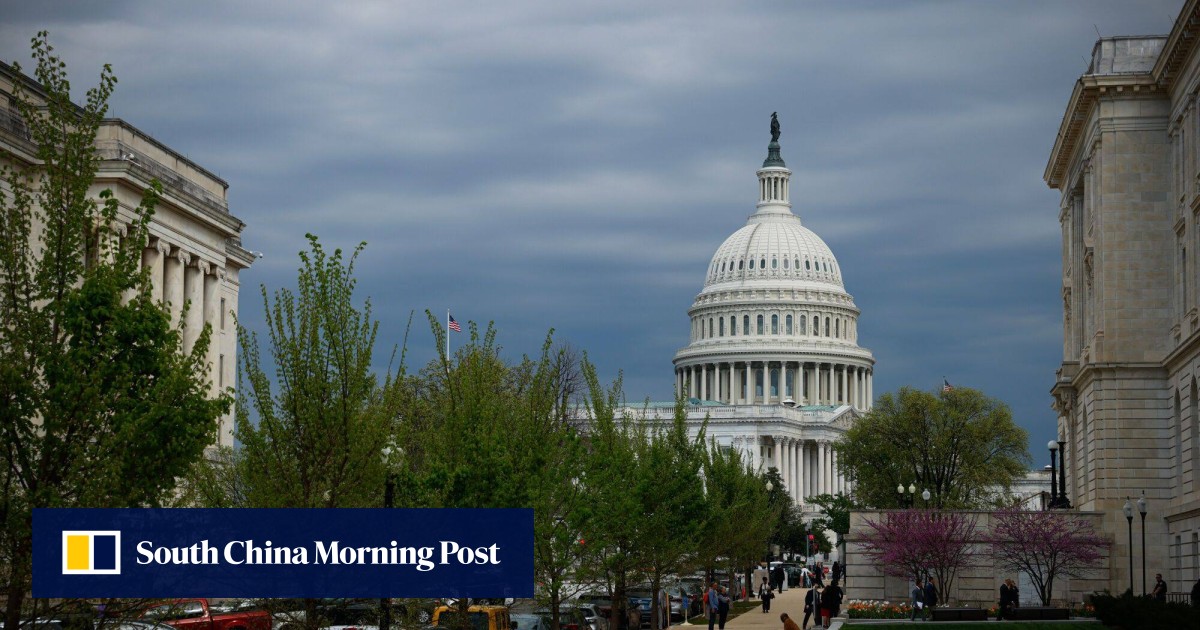
Analysts at the OTC will be tasked with translating and interpreting official and semi-official reports, speeches and journals, in addition to news and commentary.
The bill requires that contextual information be provided to the public, including biographical sketches of key leaders; descriptions of political processes, military weapons systems, important government bodies and companies; and analysis of significant concepts and phrases.
A five-member board with expertise in translation, media, international relations and other relevant disciplines would lead the centre. Two members would be appointed by the US secretary of state, two by the director of national intelligence and one by the director of the US Copyright Office.
Thursday’s bill was supported by Wisconsin Republican Mike Gallagher, outgoing chair of the House select committee on China, and Tammy Baldwin, Democratic senator of Wisconsin.
US must treat China more like a cold-war opponent: Republican policymakers
“This poses a serious threat to American national security, and in order to understand and combat these threats, it is imperative to be able to read and understand our adversaries’ primary sources,” he added.
For the bill to become law, it must pass both the full House and Senate by January.
This latest congressional effort comes amid challenges in getting accurate information out of China, as Beijing in recent years has tightened restrictions on access to academic and corporate databases.
It also comes amid difficulties in connecting Americans with opportunities to study in China, as American universities navigate closed US government programmes in the country and contend with the State Department’s travel advisory for the mainland, which is currently set at the third-highest risk level of “reconsider travel”.
Professors, students say ‘no’ to Florida as new law targets Chinese
Washington has increasingly recognised the need for Chinese speakers at different levels of the American government. But progress in staffing has been slow so far.
But, he added, these were not initiatives that could bear fruit overnight. “It takes a long time,” he said.
The creation of a translation centre would supplement other non-governmental efforts that have popped up in recent years.
In 2022, the Centre for Strategic and International Studies, a Washington-based think tank, established Interpret China, an initiative aimed at translating and analysing primary source material from China. That year the Centre for Strategic Translation, a non-profit research institute, was founded with the same goal.
No comments:
Post a Comment